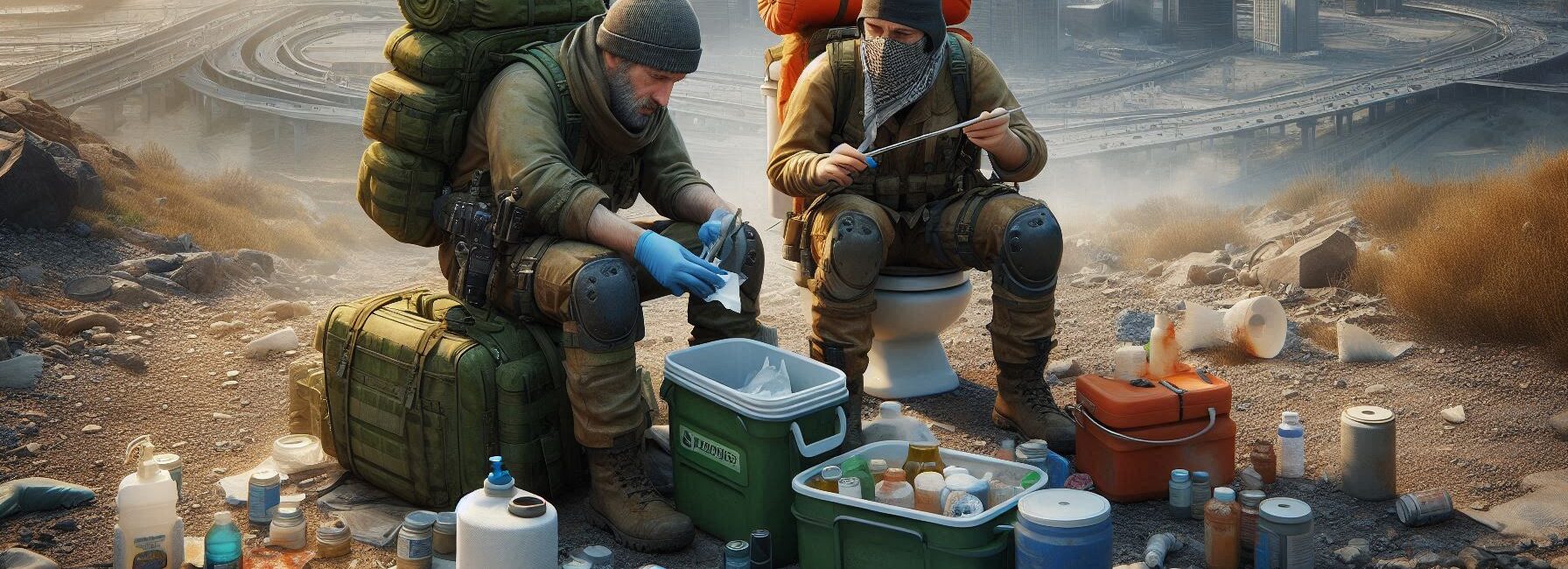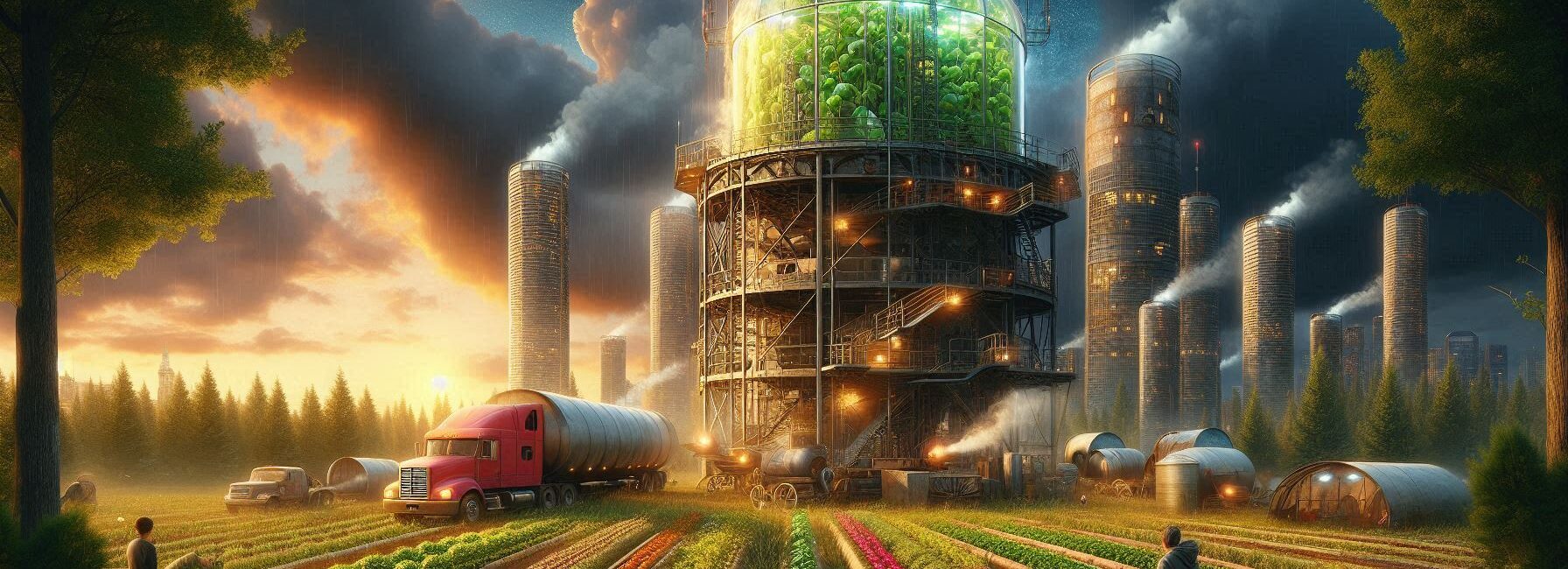Please Note: This post may contain affiliate links. If you click one of them, we may receive a commission at no extra cost to you. As an Amazon Associate, I earn from qualifying purchases.
Last Updated on November 1, 2025 by Kevin Collier

Top Takeaways and Key Concepts
- Create a Knowledge Repository: Compile essential survival skills into manuals or digital documents.
- Utilize Visual Aids: Incorporate diagrams and videos to enhance understanding and retention.
- Engage in Hands-On Teaching: Conduct workshops and practical sessions to reinforce learning.
- Establish Mentorship Programs: Pair experienced individuals with learners to facilitate knowledge transfer.
- Document Oral Histories: Record stories and experiences to preserve cultural and practical knowledge.
So, picture this. You've got all this amazing survival knowledge. You can start a fire with just two sticks. You can find yummy plants in the wild. You can even build a shelter that looks real—not like a crazy pillow fort. Pretty cool, right?
But what happens when you’re not around anymore? Will all that skill just vanish like last year’s weird fashion? Nobody wants that.
Let’s think about how to keep this wisdom safe. Like keeping your favorite recipes tucked away for family dinners. You want future little explorers to know how to stay safe too.
Writing things down is a great start. Grab a notebook or even some scrap paper. Jot down your tips, your tricks, and those little “ah-ha” moments. What plants are safe to eat? How do you make a fire? Write everything you can think of. Your future friends are gonna be so grateful.
You could also write a blog. It sounds nice, doesn't it? But it can be really easy. Just grab your phone and talk about what you know. Share videos or short stories. Think of how great it will be when your grandkids see it one day and remark, “Wow, my grandma/grandpa was great!”
Another great method to share what you know is to teach. Get some buddies together and show them how to make a fire or a shelter. It's like a small survival party! You can teach them, and who knows? They might pass it on as well.
You can even make up fun challenges! You might make a scavenger hunt where people have to collect plants they can eat or build a little shelter. Turn it into a game! A little friendly competition is fun for everyone.
There are so many methods to keep your survival skills alive, like writing, teaching, or telling stories. You will be thanked by those who go on adventures in the future. They'll be out there enjoying nature because you cared enough to share what you know.
And if it becomes a family custom, that's even better! Everyone gets to learn and get better together. Just think of the stories they'll tell around the fire that you inspired. How nice is that?
*** Shop for Survival Gear - Tools - Kits ***
Survival Gear - Bags and Backpacks - Knives - Boots/Footwear - Communication
Outdoor Cooking - Gloves - Hydration - Dry Boxes - Water Filtration Systems
Tents - Sleeping Bags - First Aid Kits - Multi-Tools - Flashlights - Fire Starters
Navigation - Survival Food - Night Vision - Headlamps - Stun Guns - Binoculars
Documenting Your Wisdom: The Power of Writing
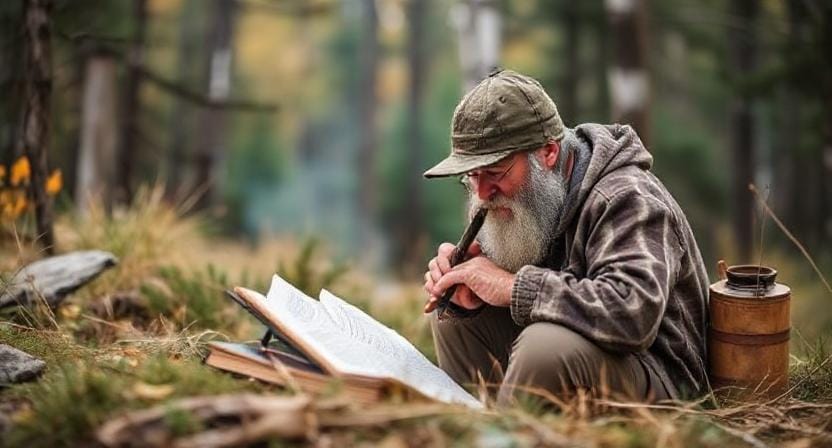
If you don’t write it down, did it even happen? Seriously, documenting your skills in some form is crucial. Grab a notebook or open up your favorite word processor (if electricity is still around).
Write about everything from how to identify poisonous mushrooms (hint: if it looks like something out of a horror movie, steer clear) to building a campfire that doesn’t look like an accidental bonfire.
By the way, consider creating step-by-step guides or checklists. Kids love lists! And honestly, who doesn’t enjoy crossing things off? “Today we learned how to trap rabbits!” Check! “We survived another family camping trip without losing anyone in the woods!” Double-check!
Interestingly enough, photos can be your best friend too. Take pictures of each skill or process; nothing says “I know what I’m doing” quite like visual evidence. Plus, future generations will appreciate seeing Uncle Bob trying to catch fish with his bare hands while wearing flip-flops—it’ll become family lore!
Teaching Through Storytelling: Engage the Imagination
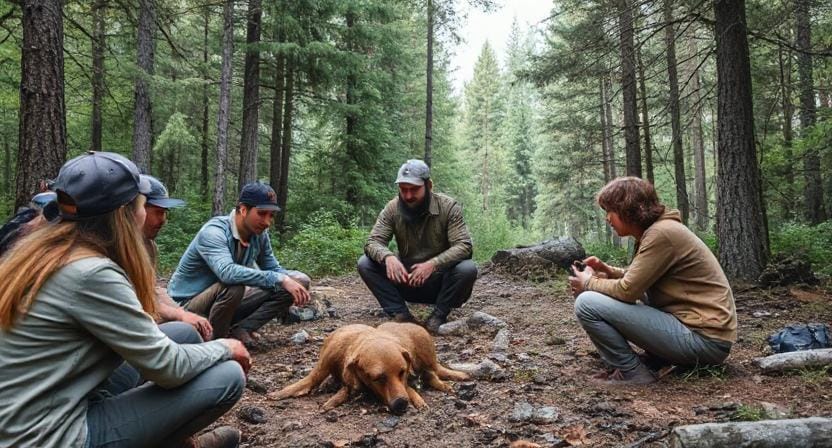
Now let’s talk about storytelling because every great lesson needs a bit of drama—or at least some funny anecdotes. When teaching kids essential survival skills or life lessons, weave them into stories they can remember.
For instance, instead of just explaining how to build a shelter, share the tale of “The Great Tent Disaster,” where you tried assembling one in high winds and ended up looking like an octopus caught in seaweed.
Speaking of which, humor goes a long way! Kids are more likely to remember lessons wrapped in laughter than dry facts delivered with all the excitement of watching paint dry. So, tell them about that time you mistook poison ivy for wild spinach—trust me; they won’t forget that one anytime soon.
On the other hand, invite them into these stories by asking questions as you go along. “What would you do if we got lost?” Let their imaginations run wild! Who knows? They might come up with ideas that are better than yours!
Hands-On Learning: Get Them Involved
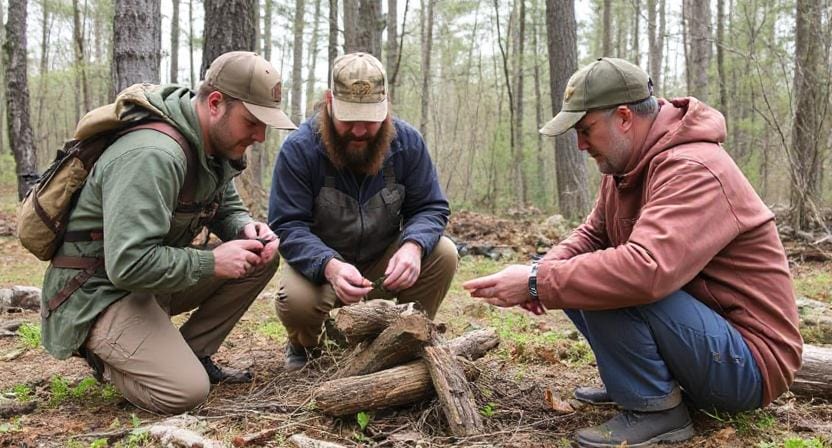
What's more effective than simply telling someone how to do something? Having them actually do it! Hands-on learning is key when passing down survival skills. So, get those little hands dirty!
If you're teaching them about gardening, roll up those sleeves together and plant some seeds. Nothing beats learning through experience—not even video games!
For example, when showing kids how to start a fire (safely!), gather around with sticks and kindling—and maybe some marshmallows for motivation. Trust me; nothing encourages participation quite like the promise of s'mores at the end.
And to be honest? Let's mess up together! Teach kids that failing isn't the end, but a step on the way to mastering any talent, even if it means accidently setting off smoke alarms while cooking.
Building Community Knowledge Banks: Work Together And Share
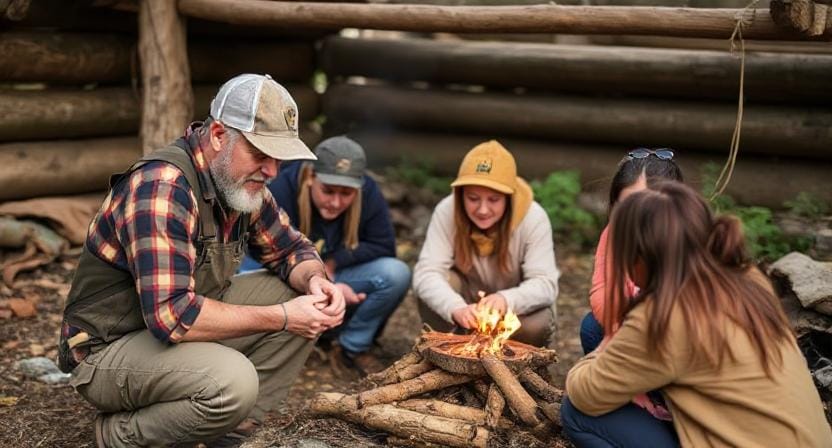
I would want to say that all knowledge is mine (insert evil chuckle), but sharing is caring, especially when it comes to becoming ready for whatever turmoil comes next. Think about starting community clubs that focus on skill-sharing sessions.
Ask your neighbors to come over for seminars where everyone teaches something different, like how to tie knots or how to do basic first aid.
You're not only keeping information alive by bringing people together this way, but you're also building relationships in your community, which will be very helpful in the future! No one wants to be alone trying to figure out how many methods there are to cook beans over an open fire, after all.
Create an online platform where people can share their own tips or films showing off different skills. This is an interesting idea. This digital collection could be quite useful as new problems come up. It's like Pinterest meets a survivalist manual!
Using Technology: Digital Preservation
When it comes to technology, let's not fully ignore it; instead, let's embrace it! We might dream about living off the grid someday (and believe me, I do), but adopting technology now might help protect our legacy in the future. Make films of yourself doing different things; you never know who could learn something by watching Grandma masterfully fillet a fish!
So, here’s the thing. Technology is super handy. It helps us find recipes, survival tips, even directions. But, it can be a little tricky. Batteries can die, and networks can go down. Ever tried to call someone during a storm? Yikes!
Relying just on tech isn’t the best plan. Think of it like having a nice hammer in your toolbox. It doesn't mean you throw away your nails or screws, right? You want a mix of tools to build something strong. Writing things down is just as important. Grab a journal. A good old-fashioned one. It can handle spills way better than your phone.
Imagine you’ve jotted down all your favorite survival tips. You know, how to start a fire or what berries are safe to eat. Then, a coffee spill happens. Ah! But if you have a digital backup, you can breathe easy. Even if the pages get soggy, your knowledge is safe in the cloud.
You can snap pictures of your notes too. That way, if something goes wrong, you’ve got a backup. You can even save it on your computer or email it to yourself. Just like saving your favorite cat videos, but way more useful!
Mixing digital and old-school methods makes your knowledge pretty darn strong. Even if tech fails, you’ve got your writing to fall back on. And if your writing ever gets lost, you still have a digital version. Peace of mind, right?
So, keep writing. Keep saving. It's like having your cake and eating it too! That way, no matter what happens, your treasure trove of knowledge sticks around. Future adventurers will thank you, and you can proudly say, “I’ve got this covered.” How cool is that?
Frequently Asked Questions
Why should I preserve my survival knowledge?
Preservation ensures future generations can learn vital skills that support resilience, independence, and cultural continuity.
What is the best way to store skills and knowledge?
Use written documentation, digital files, visual aids, and organized manuals to create structured knowledge repositories.
Do visual tools help future learners retain skills better?
Yes, diagrams, photos, and video demonstrations strengthen memory and make complex concepts easier to understand.
Why is hands-on teaching so effective?
Practical experience allows learners to engage physically, reinforcing confidence and improving long-term skill mastery.
How does mentorship support knowledge preservation?
Mentorship connects experienced practitioners with learners, creating ongoing transfer and reinforcing real-world application.
Is documenting oral stories useful?
Recording oral histories preserves experiences, cultural perspectives, and context that written notes alone cannot capture.
Should I rely only on digital storage?
No—digital and physical storage should work together, providing redundancy in case technology becomes unavailable.
Suggested External Resources:
How To Pass Down Survival Skills
https://www.survivalskills.com/pass-down-skills
Preserving Family Traditions Through Storytelling
https://www.familytraditions.com/storytelling
Hands-On Learning Techniques for Kids
https://www.hands-onlearning.org/techniques

Kevin Collier is a seasoned survivalist and expert in prepping and homesteading, contributing to WiseSurvive.com. With a deep-rooted passion for self-sufficiency and outdoor survival skills, Kevin shares practical advice, strategies, and resources to help individuals prepare for any challenge. His informative articles cover a range of topics, from essential survival techniques to sustainable living practices, empowering readers to thrive in any situation. Whether you're a novice or a seasoned prepper, Kevin's insights will inspire you to take charge of your readiness and build resilience for the future.

